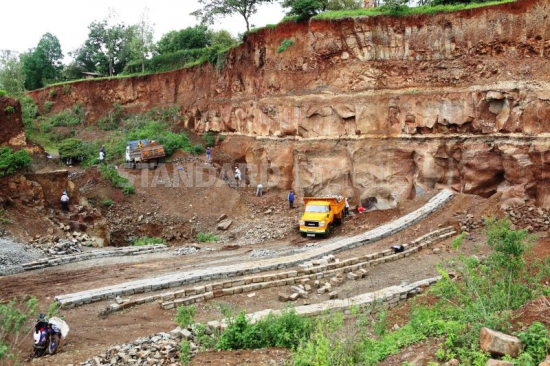×
The Standard e-Paper
Join Thousands Daily

NYERI: Chaka area of Kieni East, Nyeri County, has recently been in the spotlight for having lost the highest number of quarry workers to attacks by the Al-Shabaab jihadists in the former North Eastern Province.
In the past six months, 32 people from the area have been killed by militants. Most of those killed have been in their prime, aged between 27 and 40.